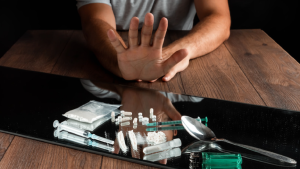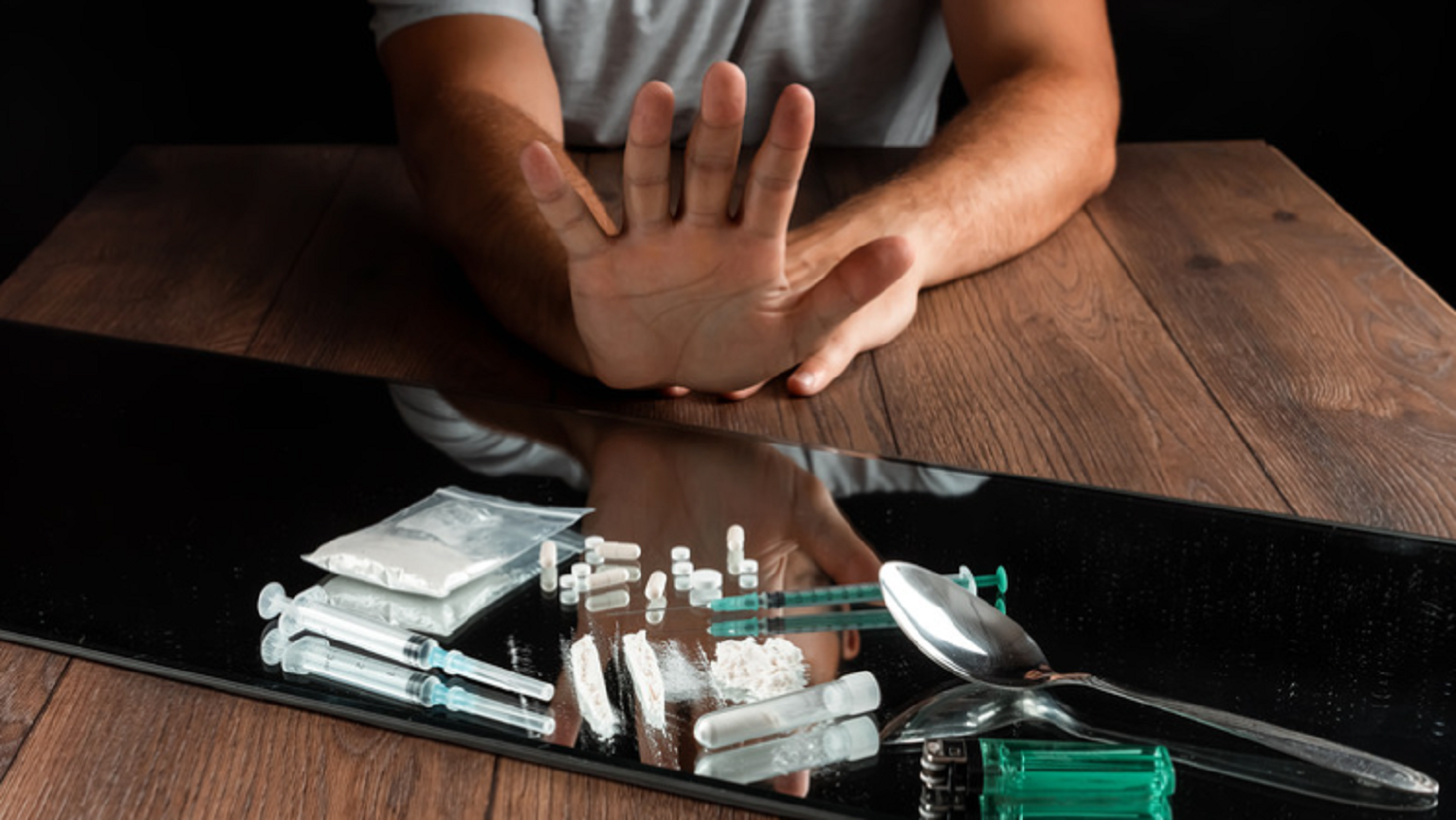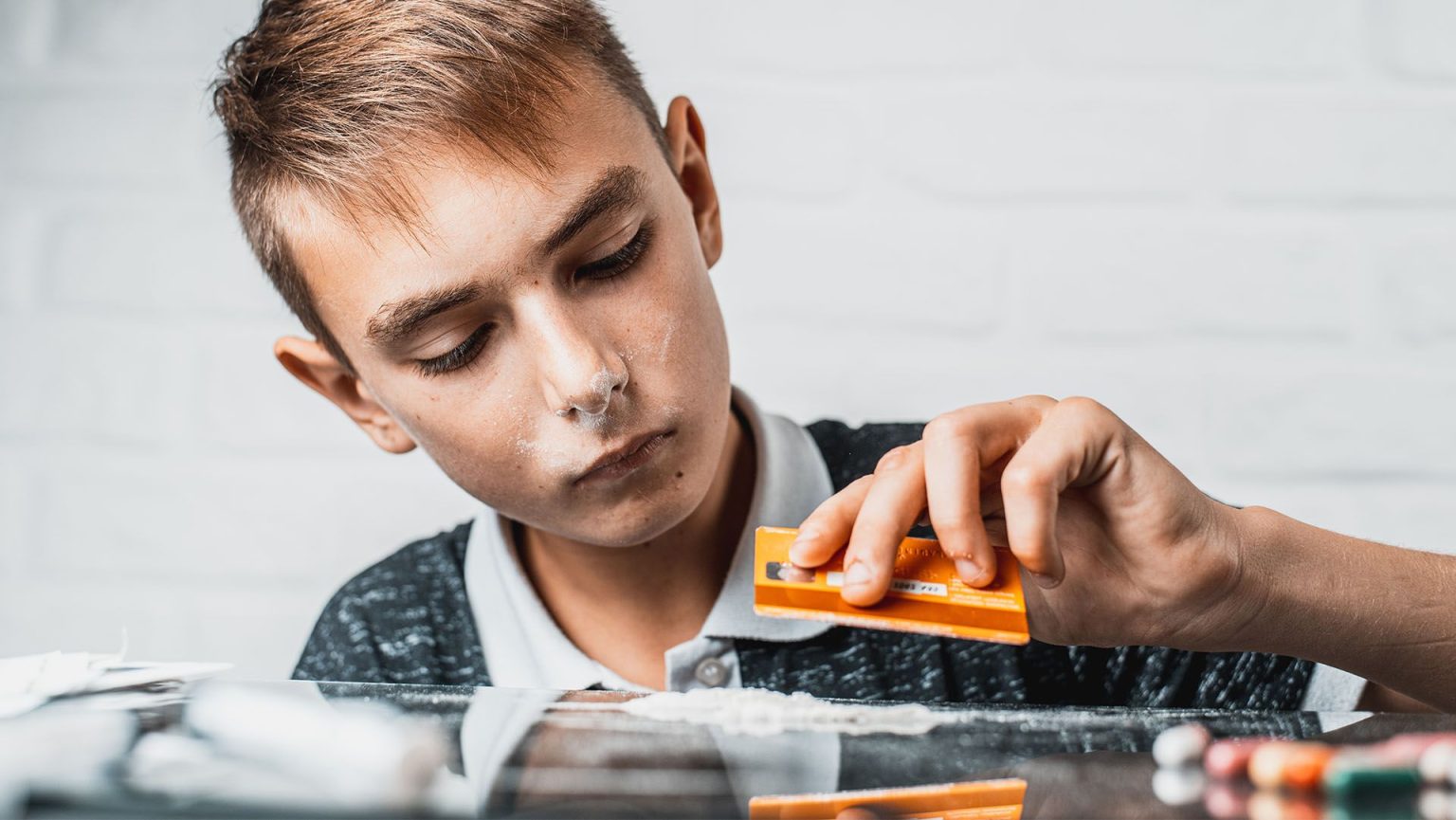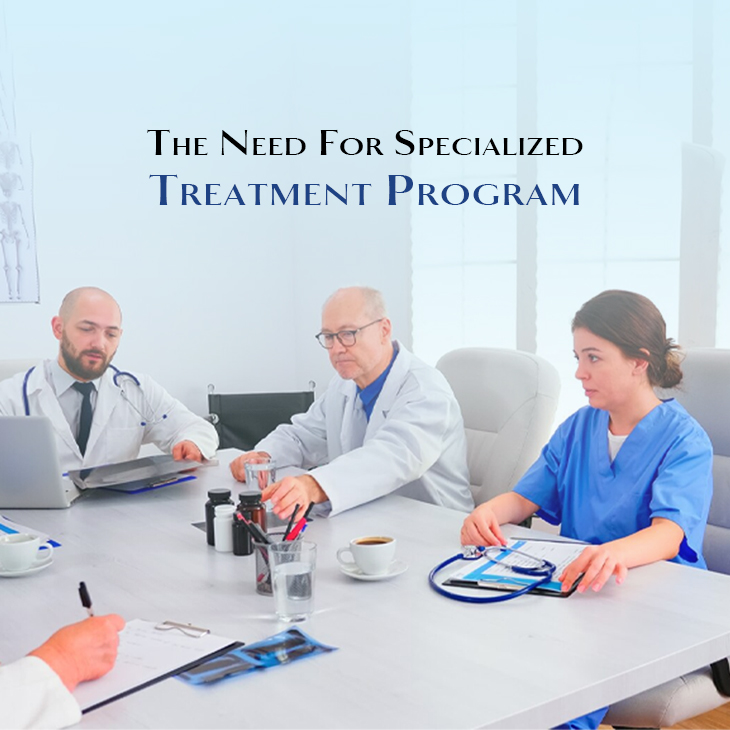With the mass production of medical drugs, the lax Food and Drug Administration (FDA) quality control, and the manipulation of media and information, drug abuse isn’t more or less common–it is far more dangerous than ever before.
When we set up our Ventura County drug treatment programs, our goal was always to provide help and assistance against drug abuse and addiction to everyone, and that hasn’t changed one bit. However, we also have to understand that the conversation around substance abuse not only has to evolve but also to consider new insights as well.
The ‘Whys’ of Drug Abuse – Causes & Concerns
When it comes to substance abuse and its treatment, we must understand and look at all sides. That means we have to look at drug abuse victims
Substance Abuse Has Become More Severe
Not all drug abuse victims do so to cope with disastrous life circumstances. While there are plenty that are pushed towards substance abuse, there are also others who might start with casual gateway drugs as a hobby or pastime. This is especially prevalent in children and teenagers in school, who might have access to drugs without having the necessary knowledge to understand the severity of their use.
A study found that drug use in adolescents hasn’t grown more prevalent but that they now have access to a greater number of more dangerous drugs. This opens the idea that substance isn’t more prevalent, just more severe in terms of what it could potentially do in the future. That means we don’t just need more access to drug abuse treatment, but rather, we need better treatment as a whole.
This is essentially the focal point of what we want to do here at Kokua. We want to provide as many treatment options as possible, from alcohol residential treatment to assisting people struggling with drinking to providing effective counseling and therapy to prevent relapse.
The Ventura County Drug Treatment Programs
Substance abuse treatment isn’t limited to medication and therapy, so there are plenty of options when it comes to treatment programs. Let’s take a look:
Detoxification
Having drugs and harmful substances in your system is dangerous on its own and makes the prospect of successfully battling against addiction more difficult. Withdrawal can be dangerous, and it doesn’t need to be any more difficult than it already is.
Detoxification helps with that and ensures that the patient can receive certain treatments. For example, certain medications may or may not interact safely with other drugs in a patient’s system, for which detoxification is necessary.
Detoxing is necessary for Medication Assisted Treatment (MAT), which takes therapy and counseling in addition to using medication for treatment, such as naltrexone and methadone. Of course, the medication in question depends on the substances and treatment itself.
Therapy and Counseling
One of the most important steps in rehabilitation is the therapy and counseling sessions. Individual therapy, for example, can be personalized to an individual and is helpful in developing a greater understanding among the therapist and the patient. Other examples, such as group therapy, use a multitude of therapeutic solutions, such as Cognitive Behavioral Therapy (CBT), motivational interviews, and other approaches with evidence-based histories.
Some group therapies also involve family therapy, both as a therapy session for a family, as well as for an individual with the support of the rest of the family.
Alcoholics Anonymous
One of the most popular groups for those seeking something other than alcohol residential treatment is joining Alcoholics Anonymous, a group that was found to empower people to help themselves and others. They do this through the 12-step program, a spiritually-led (but optional) program that can help people recover.
The 12-step program is widely used across other areas as well, such as Narcotics Anonymous, as it is an effective program that can use the spiritual layers to adopt a less practiced approach. However, this isn’t for everyone, as they often have to believe in some kind of higher power or being. Moreover, it’s not as effective as a popular program should be, especially since it is very much rooted in group therapy and mutual assistance as well, but that doesn’t detract from the fact that it can be very effective when implemented right.
Treatment and Rehabilitation
Substance abuse can be difficult to get rid of and even stop. Without assistance, some can relapse, and it can become even harder to get back to where they started. This isn’t just in substance abuse but in other areas, such as dieting and exercise, where your physical condition can significantly worsen if you stop after a brief improvement period.
For that, inpatient rehab and outpatient treatment programs can be of significant assistance. They are there to provide 24/7 care in supportive environments designed to help deal with substance abuse and allow for support even at home. Whether sporadic or in a care facility, those with severe addiction issues need to be treated before other practices, such as therapy and may require additional treatment options to make any progress.
Dual Diagnosis and Holistic Therapy
Often, people can abuse multiple substances or may require therapy for mental or physical ailments. Addiction recovery centers often opt for dual diagnosis treatment, a practice where they assist individuals with mental health issues that occur alongside or due to their substance abuse. Dual diagnosis typically considers both issues, adapting or implementing treatment programs to help with both ailments at once or simultaneously.
In some cases, this may not be direct but may be offered in the form of holistic treatment options and other alternate therapies. In some cases, even taking on regular mental and wellness activities such as yoga and acupuncture can be alternative treatments. The thing about therapy is that it could be anything as long as it works.
Aftercare and Continuing Care: Recovery is an ongoing process. Aftercare and continuing care programs help individuals maintain their sobriety and provide ongoing support and counseling.
A Better Future?
Even if therapy and treatment are successful, keeping oneself safe from substance abuse is an ongoing process, and there are aftercare programs to help with that. However, at the end of the day, we don’t just want to treat the symptoms but also the disease.
Drug and substance abuse is merely a symptom of a greater societal disease, from wealth disparity to other causes, such as out-of-foster care children, divorce, homelessness, and other factors. California is one of the hotspots for drug abuse, and plenty of external issues can drive people towards such lifestyles.
Not only that but in some cases, drug abuse starts off with the casual consumption of drugs, with plenty of gateway drugs available even to children and teenagers, leading to plenty of future issues.
That is why our goal is to create a better future through more treatment options, awareness, and the betterment of existing programs. A better future is only possible by learning from the past, and we have had plenty of data to understand that we cannot cure drug use with more drug use, such as the opioid crisis.
Acceptable Use and Consumption
Alcohol is everywhere, and it is one of the most harmful substances out there. Yes, there are times when alcohol consumption is frowned upon, but that is not enough. Just because it is socially unacceptable to be drinking alcohol early in the morning doesn’t mean people won’t do it. Moreover, acceptable consumption of alcohol often requires discipline and plenty of self-restraint, something that lowered inhibitions and a lack of proper judgment rarely take into consideration.
To that end, alcohol serves as a good example of dangerous substance use (and abuse) being easily accessible–even if not in public. Traffic accidents due to drunk drivers, abuse in homes, and other issues taking place because of alcohol usage show us what a legal system of substance use can be. However, that doesn’t mean it cannot be improved.
For example, the rampant criminalization of drugs has caused more harm than good to people, innocent or otherwise, and has been the underlying cause of legal loopholes that have been used by the very judicial system meant to police it. While alcohol use has a similar issue, it can be argued that Driving Under the Influence (DUI) and other fines due to alcohol are light in comparison.
There is Plenty More That Can Be Done
This gives us a precedent that drug use can be less criminalized without being legal to allow for greater benefit to its victims but that it should not use existing systems to do so–rather, learn from them.
Understanding these aspects can open the door not just to better treatment overall but also less severity of drug use, as less dangerous options–such as marijuana–can be looked at as well. It is to be understood that no substance is safe to abuse in any capacity, whether it is one with no real adverse effects, or one with plenty. Abuse and addiction of any substance, be it drugs, food, or even attention, has severe negative effects on the mind, body, and plenty of other areas of life. However, removing the friction for treatment is one of the many things that can be done to provide a better future for their rehabilitaion.













